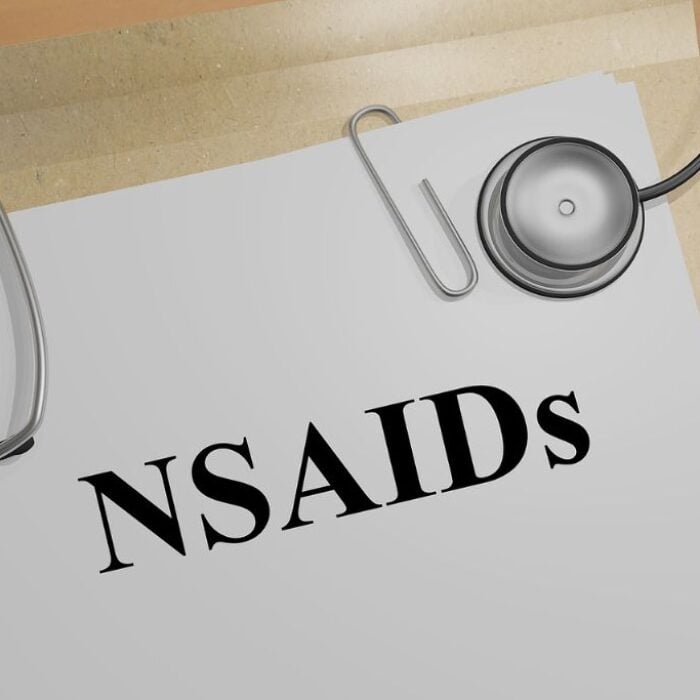The effects of opiate addiction reach far beyond the individual suffering from this powerful disorder; it profoundly impacts an entire family system. Families struggling alongside a loved one with an addiction often feel overwhelmed, frightened, and exhausted as they attempt to understand the problem and help their afflicted relative get better. Understanding how opiate addiction shapes familial dynamics is critical in confronting the issue and ultimately bringing families closer despite all that has been torn apart.
Fighting Addiction as a Family
Opiate addiction is a touchy subject for millions of Americans. Families and friends often do not know what to say or how to handle the addiction of a loved one. But ignoring the problem can only make it worse.
It’s important to know that you cannot force someone into opiate treatment. Words alone won’t convince most people they need to get help. This is because the nature of opiate addiction is such that most people are compelled to remain addicted. After all, they fear withdrawal.
Coming off opiates such as oxycodone, hydrocodone, or heroin is no easy feat. Sadly, some people take years to get clean. Others never make it out. This is because opiate addiction spirals quickly, jeopardizing health, safety, and freedom. Opiate overdose is an unfortunate threat to these people. Addiction’s close association with a crime means many people will end up in jail for theft, robbery, domestic violence, fraud, or other offenses.
Despite these negatives, it’s never too late for someone to seek help. No one is ever too far gone. If you have a loved one who is spiraling into opiate addiction, there are some things you should know:
- Physical opiate withdrawal can be challenging for many people, but appropriate treatment (detox) can ease some symptoms.
- The passing of physical withdrawal is a welcome blessing, but this doesn’t mean the worst is over. There is more work to be done, and the psychological effects of the addiction can linger much longer.
- No amount of guilt, blame, or shame can persuade most people to seek help for opiate addiction.
- Opiate detox can help people overcome even the direst addiction, but the person suffering is the only one who can make this choice.
What to do if you have a Family Member Struggling with Addiction?
Having a family member with an addiction can be incredibly difficult and challenging to manage. It is important to remember that you are not alone, and resources are available to help you cope with the situation healthily.
The first step should always be talking to your family member about their addiction, expressing concern for their wellbeing, and offering support in whatever way possible. Many people struggling with addiction often feel ashamed or embarrassed about their behavior, but they need to know that you care about them and want them to get help. Consider suggesting professional treatment options such as individual counseling, group therapy sessions, or rehab centers – this may seem daunting at first, but it ultimately could save someone’s life.
How to Approach a Loved One Struggling with Addiction?
Approaching your loved one should begin with compassion and understanding. Spend time researching the condition so you can better understand what your loved one is going through, as this will help you build empathy for their situation. You may also consider attending support groups for family members of those who are overcoming an addiction or joining online forums where people discuss similar experiences.
Next, reach out to your loved one directly when they are sober and in a safe environment such as their home or another place away from places where alcohol or drugs are present. Schedule specific times on days that can accommodate everyone’s schedule, including yours — this shows respect while allowing them all the space they need to work through their issues without feeling pressured to adjust too quickly. When reaching out, remain sensitive but honest about how you feel regarding your concerns and ask how they feel about getting help if needed; it’s important that they know it’s okay for them to talk openly with you without fear of judgment or repercussions — you want them to come forward willingly instead of feeling forced into treatment by someone else’s expectations/opinions.
Positive Reinforcement
Encourage your loved one to seek professional help and explore treatment centers near you that specialize in treating addictions. Explain why seeking professional help is important — including how long-term use of drugs or alcohol can take a toll on physical health, mental well-being, personal relationships, etc. — and provide resources like recovery programs or other available support systems if need be. Make sure they understand that these treatments are designed to restore health as opposed to punishing individuals who suffer from an addiction problem.
Finding out that someone close to us has become addicted can be tough—but understanding how best to talk with our loved one about their condition and offering the necessary support can go a long way towards helping our family members cope better with their situation over time!
Most Common Serious Addiction Effects on Families
Dealing with a loved one’s addiction can be an emotional rollercoaster that puts intense strain on the family unit. Without proper guidance and support, these feelings of manipulation, deceit, despair, and frustration may become toxic to relationships – making it increasingly difficult for families in crisis to heal together.
The following are some harmful ways addiction affects the family:
- Impact on Children – Addicted parents can have devastating effects on their children, ranging from emotional trauma to behavioral and cognitive impairments. The long-term toll of such circumstances is often severe, with a lasting impact that they must bear throughout life.
- Loss of Trust – Dealing with an addicted family member can be a particularly difficult and heartbreaking experience, as it often results in the loss of trust from both parties. The most serious long-term impact of this breakdown is likely to be felt emotionally; strained relationships and feelings of betrayal or guilt could last for years if not addressed properly.
- Living in Constant Fear – The stress of living with an addicted family member can have serious psychological and physical implications. It can lead to feelings of helplessness, guilt, depression, and hopelessness – all creating a prolonged state of fear that has far-reaching consequences for the person suffering from addiction and their loved ones.
- Financial Burden – Families living with an addicted family member are faced with a daunting financial burden. Not only must they confront the costly treatments associated with drug rehabilitation, but they also have to contend with numerous other expenses related to recovery such as childcare and additional medical costs. This can place immense strain on already strained resources and leave families in difficult positions financially.
While every family is unique and will experience different effects of addiction, there are some common threads that run through most families dealing with this issue. Understanding these patterns can help you to identify when addiction might be an issue, even before it becomes a full-blown problem. If you or someone in your family is struggling with addiction, don’t hesitate to reach out for help. There are many resources available to assist you in getting the treatment you need to start rebuilding your life.
Addiction Help for the Whole Family
It would be best if you also reached out for some moral support of your own by leaning on close friends or family members who have had similar experiences. Joining a local support group is also beneficial – these networks provide invaluable guidance from fellow community members who understand firsthand what you’re going through. Attending meetings with or without your addicted loved one will also give you access to real-world resources such as referrals for health care professionals and treatment facilities in your area where they can find the appropriate medication-assisted recovery program if needed (such as opioid agonist treatments).
Finally, those with family members struggling with addiction must take excellent self-care measures such as stress management techniques –– yoga, meditation, etc., coupled with proper nutrition and exercise –– to keep themselves physically healthy while caring for someone else’s mental health issues. Being conscious of yourself during this time allows you to lend more energy towards helping your loved one fight against their affliction instead of sinking into despair alongside them. Above all else, remember: You did not cause it, nor can you control it; however, you have the power to impact how both parties deal with it going forward!
How to Regain Trust after Addiction Treatment?
Trust can be hard to rebuild after undergoing addiction treatment; however, it can be done with determination. Instead of relying on materialistic items to gain forgiveness from one’s loved ones, providing them unconditional acceptance and love is far more beneficial. With this nurturing approach, the journey toward meaningful recovery will take longer, but the rewards will be much greater than any shortcut solution could bring. Trusting relationships cannot be built overnight and require patience and dedication for them to heal and grow stronger over time.
Conclusion:
Addiction affects families in so many harmful ways, so if you or a loved one need help with an addiction, don’t hesitate to reach out. You are not alone in this battle. Understanding how opiate addiction shapes familial dynamics is critical in confronting the issue and ultimately bringing families closer together despite all that has been torn apart. The first step is always the hardest but also the most crucial. After taking that first step, you’ll be on your way to rebuilding your family and creating a stronger bond than ever before.
















